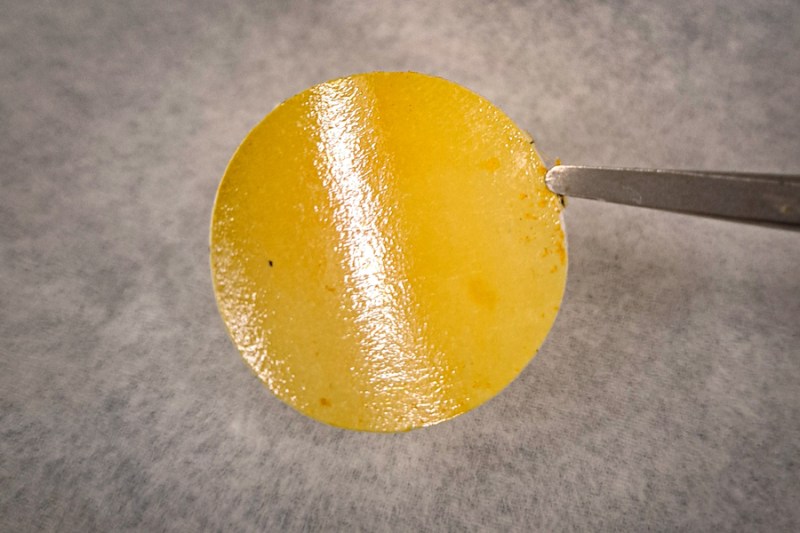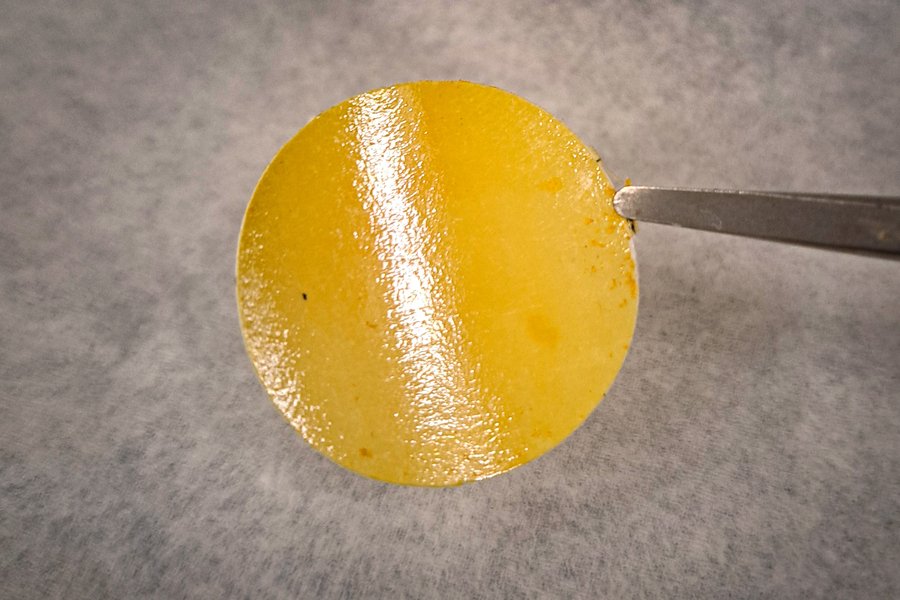
Currently the typical way that crude oil is processed involves a fractional distillation column, in which heated crude oil is separated into the various hydrocarbon compounds using distinct boiling points. This requires the addition of significant thermal energy and is thus fairly energy intensive. A possible alternative has been proposed by [Tae Hoon Lee] et al. with a research article in Science. They adapted membranes used with reverse-osmosis filtration to instead filter crude oil into its constituents, which could enable skipping the heating step and thus save a lot of energy.
The main change that had to be made was to replace the typical polyamide films with polyimine ones, as the former have the tendency to swell up – and thus becomes less effective – when exposed to organic solvents, which includes hydrocarbons. During testing, including with a mixture of naphtha, kerosene and diesel, the polyimine membrane was able to separate these by their molecular size.
It should be noted of course that this is still just small scale lab-testing and the real proof will be in whether it can scale up to the flow rates and endurance required from a replacement for a distillation column. Since this research is funded in part by the fossil fuel industry, one can at least expect that some trial installations will be set up before long, with hopefully positive results.
This articles is written by : Fady Askharoun Samy Askharoun
All Rights Reserved to Amznusa www.amznusa.com
Why Amznusa?
AMZNUSA is a dynamic website that focuses on three primary categories: Technology, e-commerce and cryptocurrency news. It provides users with the latest updates and insights into online retail trends and the rapidly evolving world of digital currencies, helping visitors stay informed about both markets.
